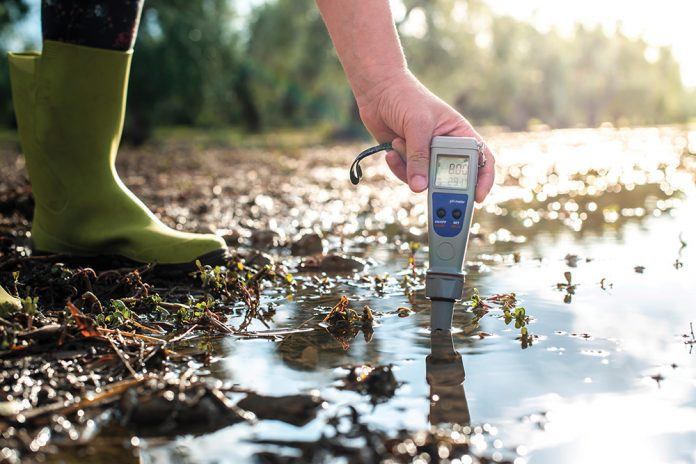British Water Chief Executive Lila Thompson says the water industry must embrace new technologies to combat increasing concerns over pollution.
The latest report from the Environment Agency calls for much stricter enforcement of water quality measures, as public, political and media pressure heighten around the issue of surface water pollution. So how should industry leaders respond to these regulatory pressures, and what role can the supply chain play in tackling the myriad reasons pollution happens?
Thankfully there are plenty of proven solutions already available. As the UK’s leading water sector trade association, British Water works very closely with its membership – a vibrant supplier community that is continually researching, developing and innovating.
Companies providing digital technologies, smart water monitoring, advanced membranes and flexible wastewater treatment systems can all help water utilities meet environmental and regulatory requirements, and avoid reputational harm, by reducing the risk of serious pollution incidents.
While the water sector has traditionally lagged behind other industries in adopting digital technologies, it is now on the path to transformation. Examples include deployment of remote sensing equipment to improve the reliability of flood and drought predictions, real-time monitoring of water quantity and quality within watersheds, along with enhanced asset management tools and processes.
Powerful tools
Internet of things (IoT) connected devices, predictive analytics, and artificial intelligence (AI), including machine learning, are also emerging as powerful tools in achieving sustainable, resilient, and equitable access to water. Used in combination, digital technologies have the potential to revolutionise every aspect of water and wastewater management, including maintaining and expanding water infrastructure, detecting leaks and anomalies in the water distribution system, as well as identifying emerging water contaminants and improving the water treatment process.
In addition, the use of building information modelling (BIM) has had one of the biggest impacts on water services of any recent digital innovations. Its use in design and construction has enabled huge efficiencies in the way capital schemes are delivered, while leaving behind a legacy of better information which supports better asset operation, maintenance and upgrades.
Knowledge sharing
With utilities ready to harness the benefits of digital water solutions – collaboration and knowledge sharing will be key to its success moving forward. In order to help facilitate this necessary shift, on 3 November 2022 British Water will be hosting its annual Data Conference in London.
This year’s event will continue the discussion on ways to realise digital transformation for the water industry. It will provide an excellent forum for discussion around how collaboration can boost the use of data and analytics to drive efficiency and sustainability.
This is all the more pressing as the UK moves towards the next regulatory asset management period – AMP8, which runs from 2025-30, and the water sector seeks to embrace a progressive culture of consultation, collaboration and digital innovation.
Public awareness of the way water is managed in the environment may be a point of pain for the industry as it scrambles to catch up with expectations, but the focus is long overdue, and should be welcomed as an opportunity to drive innovation. New technologies and ways of working will deliver multiple benefits, not only for utilities and suppliers but also – crucially – for the environment and wider society.
To find out more visit
britishwater.co.uk/events/eventdetails.



